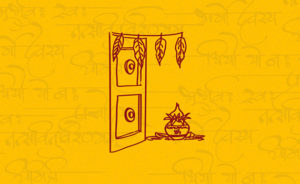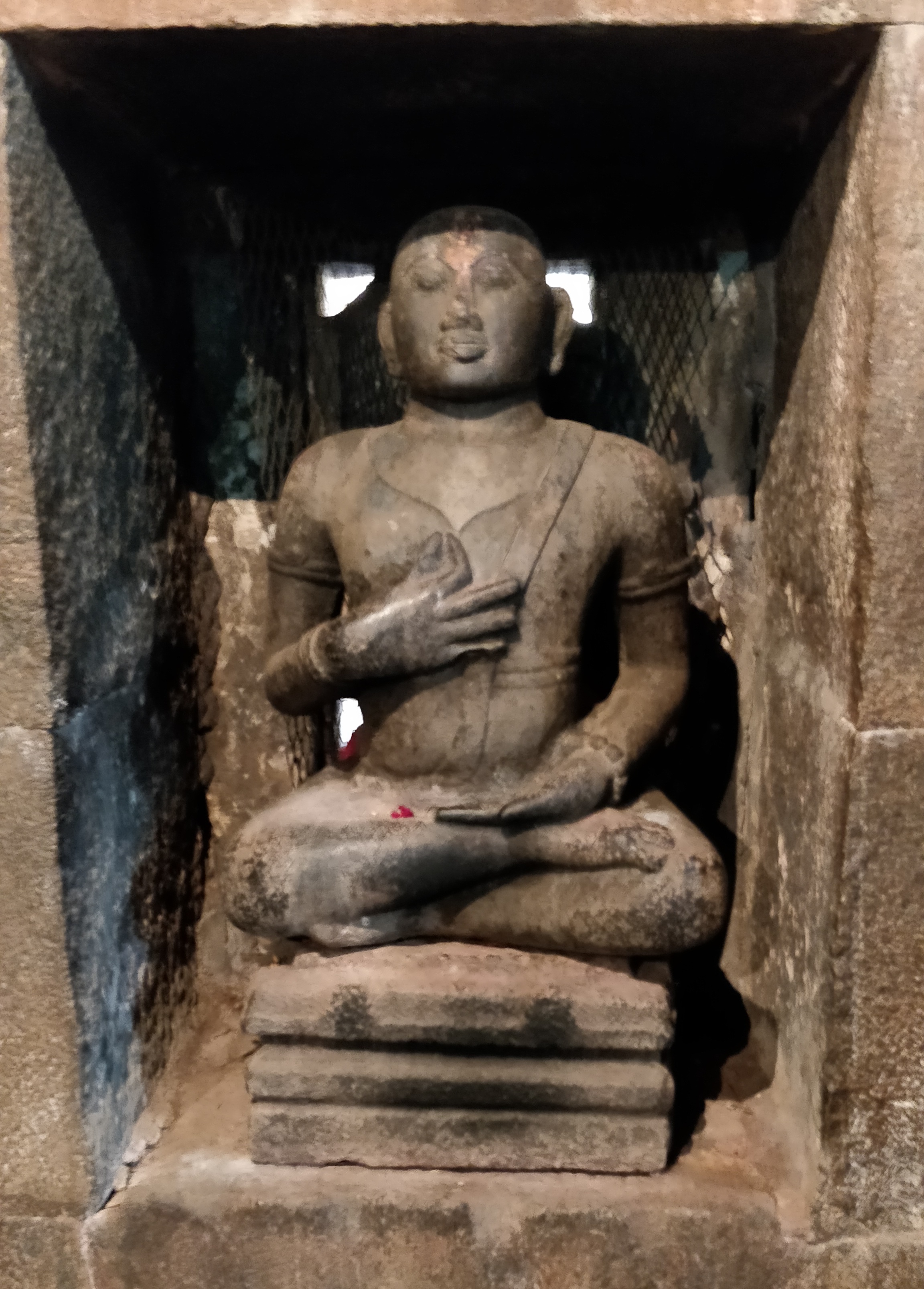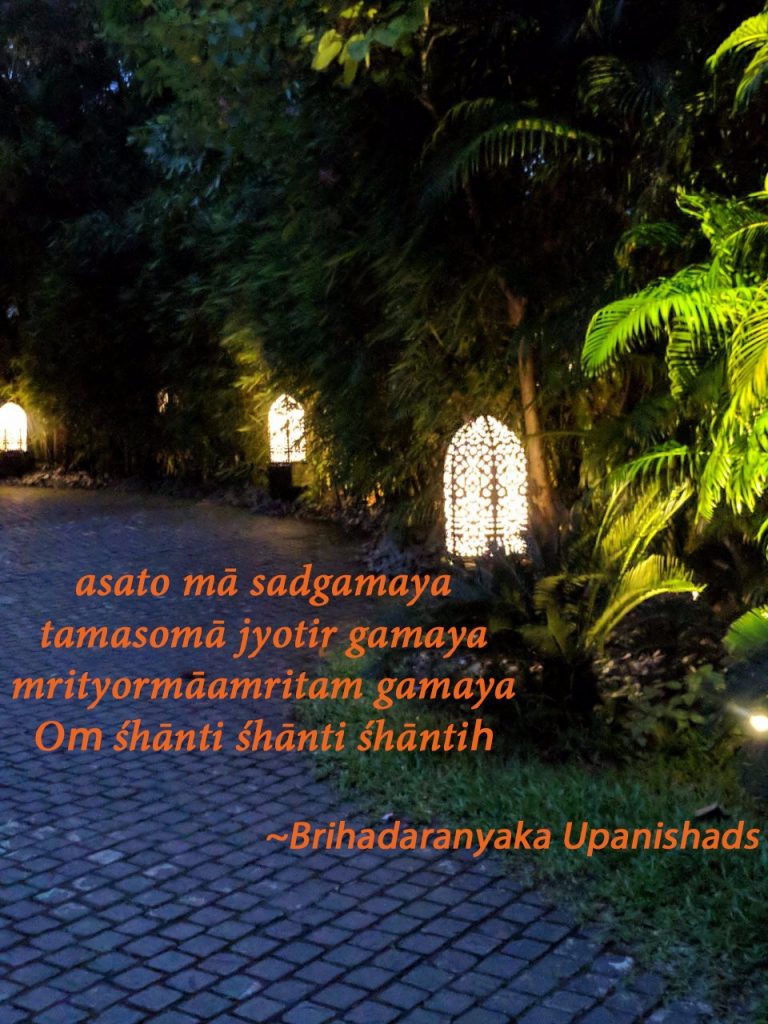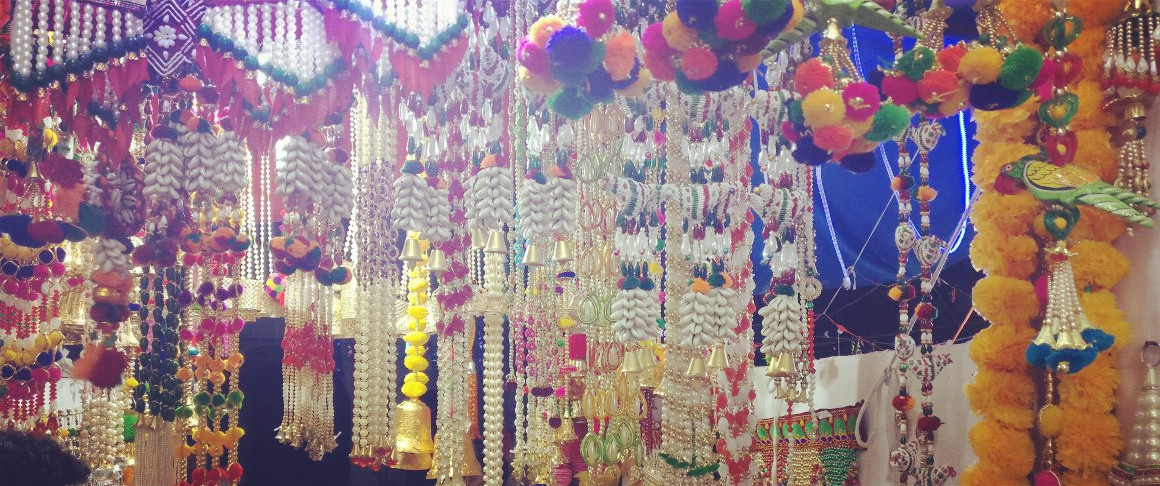 A few weekends ago I attended a friend’s house warming party. In India there is always an element of ritual. So while a housewarming can be a little party for a bunch of close friends, here it becomes an event of larger significance. So a purohit is called. You get the stuff for the puja together, you plan for caterers, you send out invites….
A few weekends ago I attended a friend’s house warming party. In India there is always an element of ritual. So while a housewarming can be a little party for a bunch of close friends, here it becomes an event of larger significance. So a purohit is called. You get the stuff for the puja together, you plan for caterers, you send out invites….
When we celebrate a house warming or a ‘griha pravesh‘ we celebrate new beginnings. We hope that the new abode brings the owners good luck and prosperity. Some incense, a few mantras, a coconut and some ‘lucky’ plants and we actually start to feel better about the house. These are all the accoutrements of the ritual of cleansing a space of any negative vibes so that the new owners can live peacefully.

Big celebrations so dressed to the nines.
A yogi’s abode is the body and mind. Since we get only one body and mind per lifetime, we need to exist within them peacefully and authentically. A yogi is constantly torn between one more drink or slice of pizza and an early morning twists or backbend practice. You control yourself from snapping at a pesky sibling and try to stop fuming at the guy who just cut you off in traffic. But the disturbances in the mind have already been created, and they now impact your being.
How can we maintain equanimity while living in a world designed to trouble us?
The answer lies, as usual, in the practice. Every morning when you step on your mat and start at the beginning, you create a new story. Each day gives you a chance to start at the beginning and go somewhere different. Yesterday’s limitations don’t exist today and today’s won’t exist tomorrow. This impermanence can be a deterrent for many, but for the yogi it means hope. You return to your practice throughout a constantly changing life. You practice life like you practice yoga, with a spirit of exploration and the core belief that this too shall pass.

Practice and detachment are the means to still the movements of consciousness. (PYS 1.12) Picture taken at the Bhoga Nandishwara temple at the foot of Nandi Hills.







